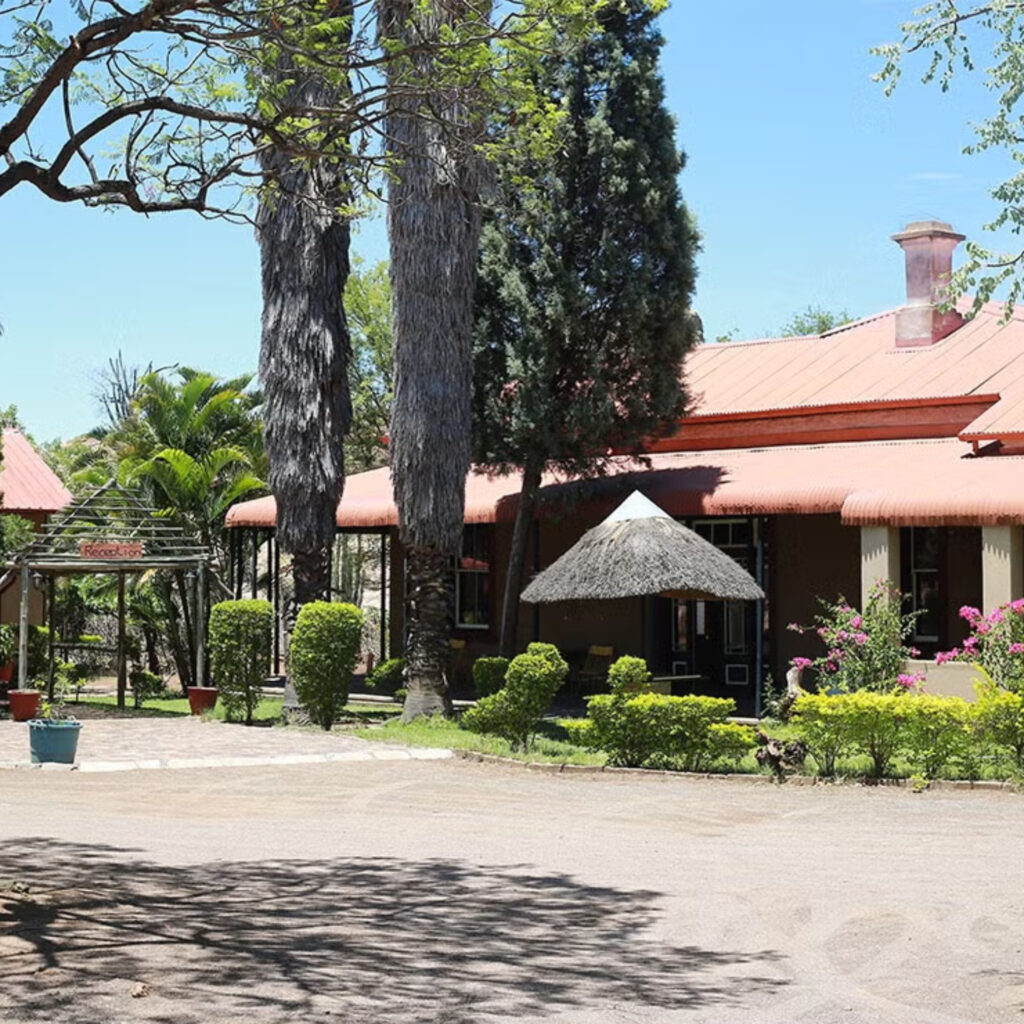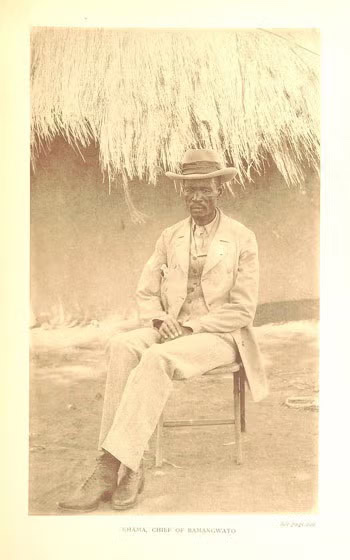The unique collaboration between the museum and U of T ensures these invaluable materials remain accessible to scholars worldwide while staying in the museum’s care. The two-year project, supported by U of T funding, will digitize 100,000 items in total, providing long-term preservation and global research access.
Now, through an innovative partnership with University of Toronto librarians, the museum will digitize, preserve and share its holdings with scholars around the world – including the papers of Khama III, the founding father of the Bamangwato tribe – while ensuring the physical items will remain at the museum itself.
The collection, dating from 1876 to 1959, includes government letters, invitations, photos and lists of transported cattle that document Botswana’s journey to self-determination.
“Khama III’s contribution was huge – not only to Serowe, but to the tribe, the regime and the entire Southern African region,” says museum curator Gase Kediseng.
The project first took root at a roundtable hosted by the American Library Association in 2022. As part of a three-month peer support program, Jordan Pedersen, a metadata librarian at U of T, connected with Olga Tladi, a librarian at the Botswana International University of Science and Technology, and discussed new U of T funding to build equity and diversity in collections through innovative practices such as digitization.





